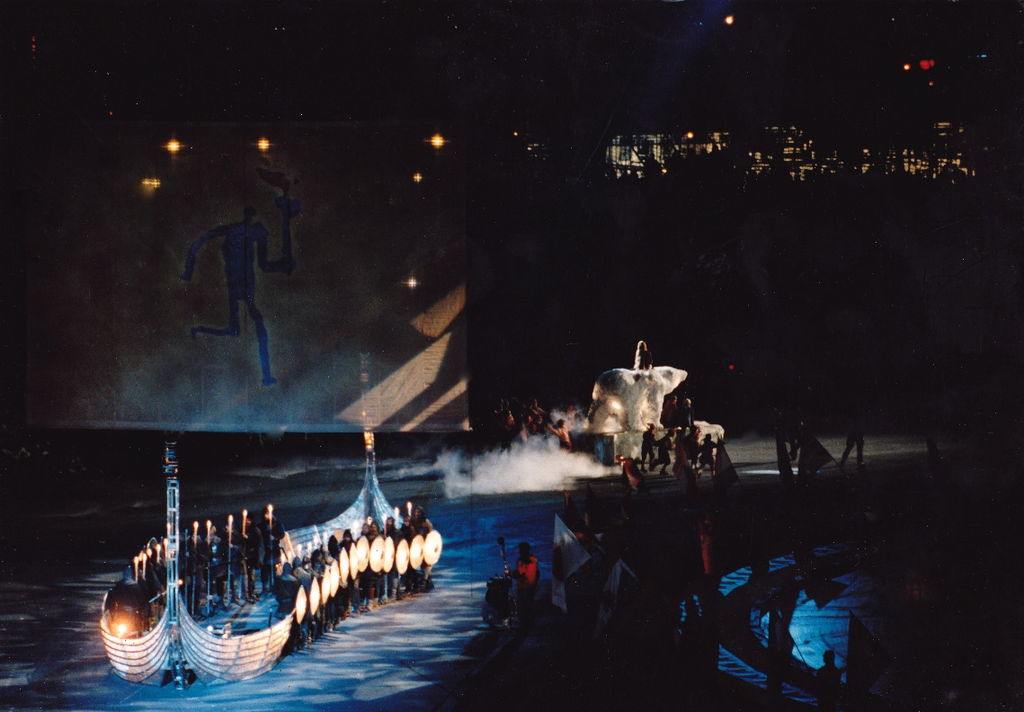Sports
Norwegian Olympic officials to meet IOC to review reasons for Oslo withdrawal
LONDON—Norwegian Olympic officials will meet with IOC leaders in Switzerland this month to analyze the demise of Oslo’s bid for the 2022 Winter Games and explore ways of improving the bidding process to win back future candidates.
Inge Andersen, secretary general of the Norwegian Olympic Committee, told The Associated Press that he will travel with a small group to IOC headquarters in Lausanne later this month to dissect the factors that led to Oslo’s withdrawal last week.
Andersen said the decision was a “missed opportunity” for Norway but both sides earn lessons from the rejection of the bid by the Norwegian government.
“We will sit together and go through the experience that we had in Norway,” he said in a telephone interview. “We have to make everything more transparent and much easier to understand. It’s important to focus on how to reduce the cost of the management of the games, how to reduce the cost of bidding for the games and how to better communicate this.”
Oslo, which hosted the 1952 Winter Games, became the fourth city to pull out of the 2022 race after the Norwegian government declined to provide the necessary financial guarantees. Bids from Stockholm; Krakow, Poland; and Lviv Ukraine, were dropped previously. Before that, Switzerland and Germany abandoned proposed bids after they were rejected in referendums.
Oslo’s exit left only two candidates in contention: Beijing and Almaty, Kazakhstan. IOC President Thomas Bach ruled out any reopening of the bidding process. The host city will be chosen by the IOC on July 31, 2015, in Kuala Lumpur, Malaysia.
Concerns over the cost of hosting the Olympics—fueled by the record $51 billion associated with the 2014 Winter Games in Sochi—played a key part in Norway’s rejection of the Oslo bid. But so, too, did Norwegian attitudes toward the IOC, particularly after the domestic media published IOC protocol manuals for host cities.
On the morning of the vote, Norway’s largest national daily newspaper, VG, published what it described as various IOC “demands,” including a meeting and cocktail reception with the king.
The IOC said the documents were “widely and often deliberately misreported” by the Norwegian media. The documents were guidelines—not demands—gathered from previous organizers and were “advice on how to improve the games experience for all,” the IOC said.
“The IOC has to clarify that all their manuals are not laws or demands, but that they are suggestions,” Andersen said. “That is a main point. That was one of the biggest misunderstandings in the process we had here in Norway when we are talking about image.”
Andersen said the contents of the manuals should be among the issues addressed in Bach’s “Olympic Agenda 2020,” his blueprint for the future of the Olympic movement. The package of reforms will be put to a vote at a special IOC assembly in Monaco in December.
“They have to build the manuals in a transparent, modern way,” Andersen said. “It’s important that each country will show their friendliness in a natural way without having detailed suggestions of how to do that.”
The IOC must also give weight to the environment, human rights, workers’ rights and other social and ethical issues in selecting host cities, Andersen said.
As part of Bach’s agenda, the IOC is looking at ways of reducing the cost of the games to attract interest from Western countries, where politicians and taxpayers have been put off by the Sochi experience. Sochi built virtually all of its facilities from scratch and most of the budget was spent on capital projects, not the operational costs of the games.
“The Sochi Games scared quite a lot of people in Norway,” Andersen said. “I think it’s important for the IOC to communicate what is the cost exactly for the games, for the sports facilities. In Sochi, they built a new city.
For the future, it’s not important to build a new city for hosting a games.”
Andersen and Borre Rognlien, president of the Norwegian Olympic Committee, sent a letter to Bach this week saying they would “continue to be a positive and progressive partner for the Olympic movement in Norway and abroad.”
Although Oslo is out, Norway will be hosting the 2016 Winter Youth Olympics in Lillehammer, the site of the 1994 Winter Games.
“It’s important,” Andersen said, “that we can show we can work together and bring an Olympic event back to the roots and we can do it with the budget that we have.
”






















